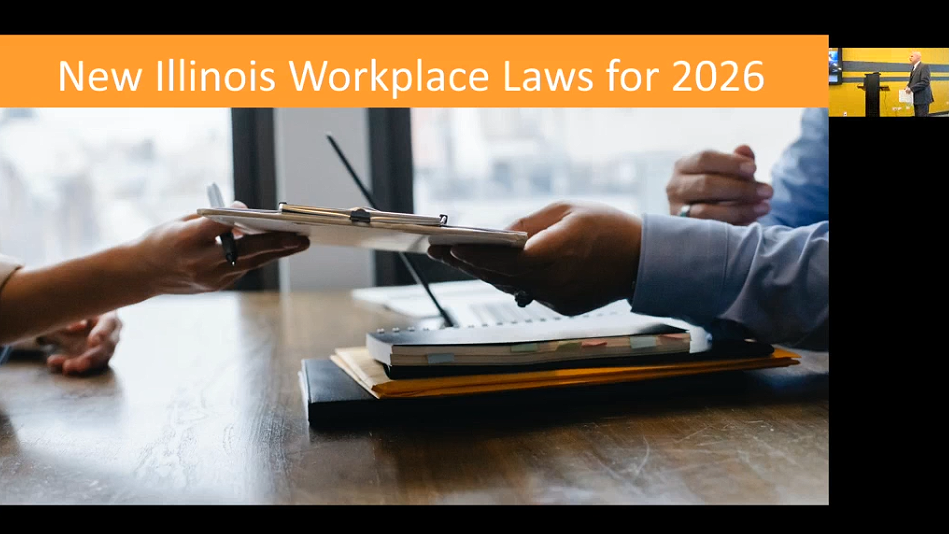Why the Motor Vehicle Franchise Model Enhances Competition and Protects Consumers More Than the Direct-to-Consumer Model from OEMs like Tesla

Recently, more OEMs like Tesla, Rivian, Lucid, and Polestar have implemented a direct-to-consumer approach that many state motor vehicle dealer laws are intended to prohibit. On May 27, 2025, the National Automobile Dealers Association (NADA) submitted a Public Comment, explaining:
- the franchise model is the best new-car sales model for consumers;
- franchise laws are an appropriate exercise of state power in the context of federalism; and
- the franchise model does not create any of the harms that its opponents assert.
This article summarizes NADA’s statement defending state franchise laws.
First, the modern dealer franchise model is the most effective means of distribution for new vehicle sales. Why? NADA explains that a recent study conducted by Oliver Wyman provides conclusive evidence that the franchise model creates salutary intra-brand competition and allows for customer-by-customer price optimization, both of which provide consumers with a better overall experience and lower end price. The intra-brand competition allows for geographically close dealers to compete with one another for the local business, giving the dealers the ability to provide specialized financing and trade-in options that other business models cannot.
In addition to furnishing the lowest price to consumers, the franchise dealer model helps consumers by providing service and warranty repairs for vehicles, even if the OEM were to go out of business (as seen in 2008 and 2009 with the bankruptcies of Saad, Frisker, and Suzuki). The benefit to consumers under warranty is even greater because now OEMs must reimburse dealers for maintenance, and the consumer ultimately saves. The dealer, as the intermediary, creates a shield for the consumer from predatory OEM tactics, such as producing low-quality vehicles for a marginal profit at the cost of consumer safety.
Second, because federal antitrust laws significantly constrain the ability of dealers to act collectively against OEMs, the only way to protect consumers from the broad overreach of OEM power is through state franchise laws. The abuse of power by OEMs is well-documented, ranging from threatening termination or a shorter-term franchise agreement and pressuring dealers to accept slow-moving inventory, to coercing dealers to make unnecessary, costly facility changes and engage in two-tiered pricing where some dealers receive preferential pricing from the OEM. After the federal antitrust laws shackled the modern dealer franchise from seeking and exercising economic self-help, the states determined that the importance of franchise laws is so paramount that all 50 states have enacted dealership laws.
Third, NADA emphasizes that the rise of direct-to-consumer electric vehicle companies such as Tesla, Rivian, Lucid, and Polestar creates serious risks for consumers. The data shows that franchise dealers offer much greater vehicle options at lower prices and are on track to sell more electric vehicles than direct-selling OEMs in 2025. Moreover, a consumer’s ability to get a car serviced at one of these direct-to-consumer OEMs can be extremely difficult. For example, there are only three Rivian facilities in Illinois that can perform repairs on Rivian vehicles.
Lavelle Law’s dealership practice group represents dealers in Illinois and Wisconsin in a variety of issues impacting their franchise. Contact Sarah Reusché at sreusche@lavellelaw.com or 847-241-1795 for a free consultation.
More News & Resources
Lavelle Law News and Events












